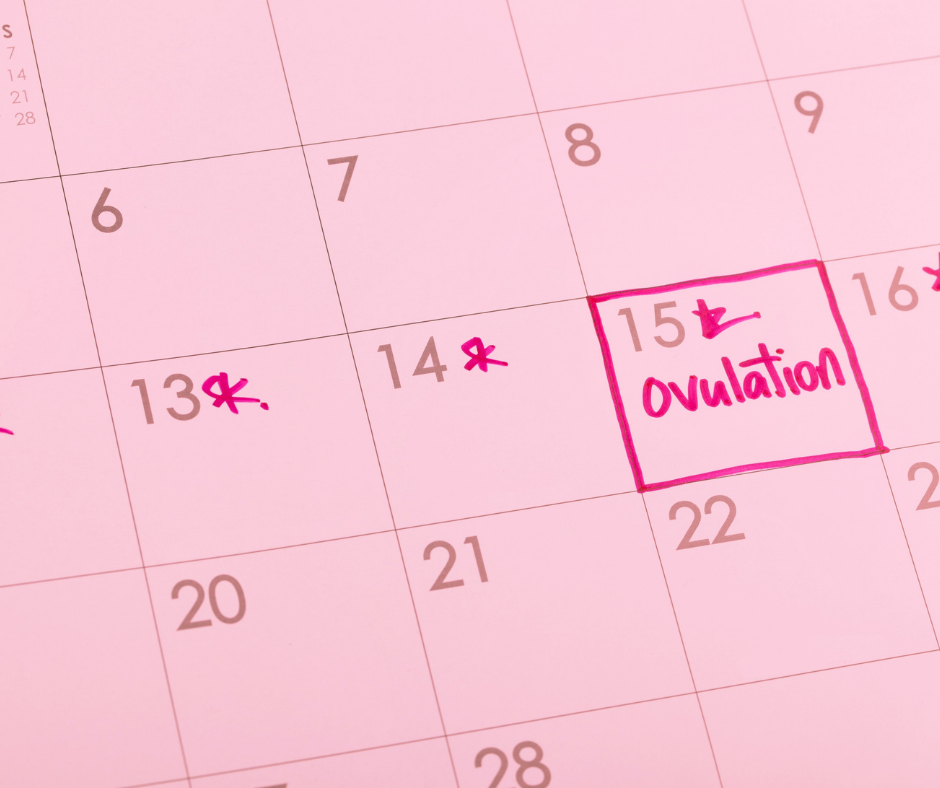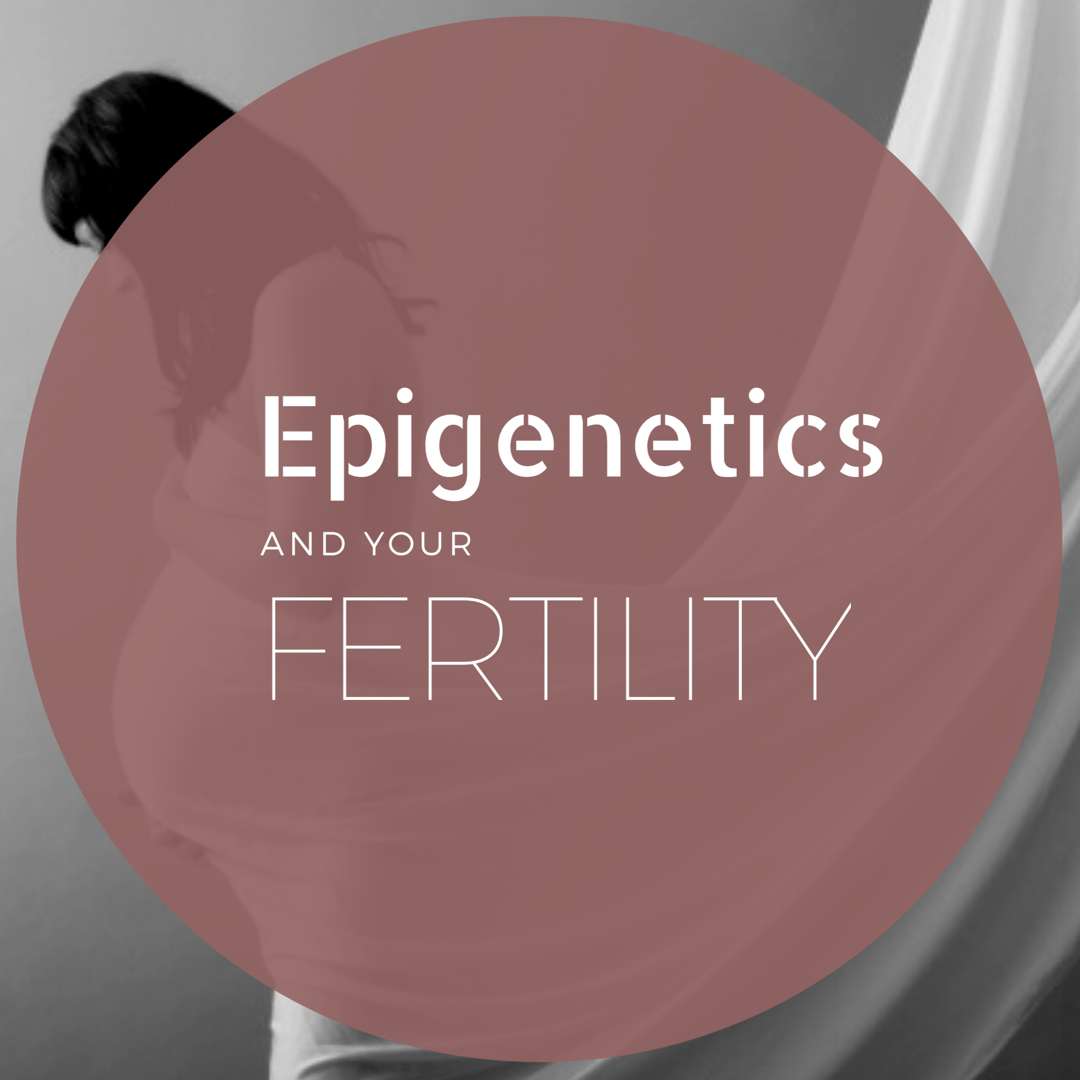Introduction
If you're trying to get pregnant, you might have heard about the role of L-carnitine in fertility. Carnitine is a naturally occurring amino acid that our bodies use to transport fatty acids into cells for energy production. It's also found in red meat and poultry, but getting enough from food alone would require eating almost double the recommended daily amount of protein—hardly an easy feat! As such, many supplements with carnitine pills as part of their healthy lifestyle regimen or in hopes of improving fertility. However, there's conflicting evidence about whether taking L-carnitine supplements improves your chances of conceiving compared with not taking any supplements at all. So let's examine some of the research on this topic so far:
Can L-carnitine help with infertility?
● L-carnitine is a vitamin-like compound that occurs naturally in foods like meat, fish and dairy.
● It's been advocated to support fertility by increasing energy levels, improving exercise tolerance and reducing fatigue.
● A review of the evidence suggests that it may have some role in improving egg quality for women with polycystic ovary syndrome (PCOS).
What is L-carnitine?
L-carnitine is an amino acid that's made in the liver, kidneys, and brain.
It helps to convert fat into energy. It also helps to keep blood pressure under control, which can be important for your fertility health.
Does L-carnitine cause side effects?
L-carnitine is a natural substance that's found in many foods. It may help your body make energy, but too much may cause side effects.
L-carnitine isn't safe for everyone. Don't take it if you're pregnant, and don't use it to prevent heart disease or stroke. Don't give l-carnitine supplements to children younger than 2 years old without medical advice.
Call your doctor if you have side effects from l-carnitine, such as vomiting or diarrhea that won't stop after taking medicine for them, or liver problems like jaundice (yellowing of the skin).
How much L-carnitine should you take?
The recommended daily allowance for L-carnitine is about 1 gram per day, with an upper limit of 3 grams per day. However, it's unclear whether this recommendation is appropriate for people who are trying to conceive or pregnant.
If you're going to take more than the recommended daily requirement of L-carnitine and you're not pregnant yet, talk to your doctor first.
Some research suggests that carnitine supplements may increase your chances of getting pregnant, but other studies have had conflicting results Carnitine is a substance that plays a vital role in metabolism and fat breakdown. It's naturally found in red meat and dairy products. Your body makes some carnitine, but you can also get it from your diet or take a supplement to boost egg quality and improve sperm motility (the ability of sperm to move).
Conclusion
We hope you've found this article helpful in understanding how vitamins for fertility can help you get pregnant. If you're looking for more information on the topic, feel free to check out our other blog posts or talk to a fertility coach!










